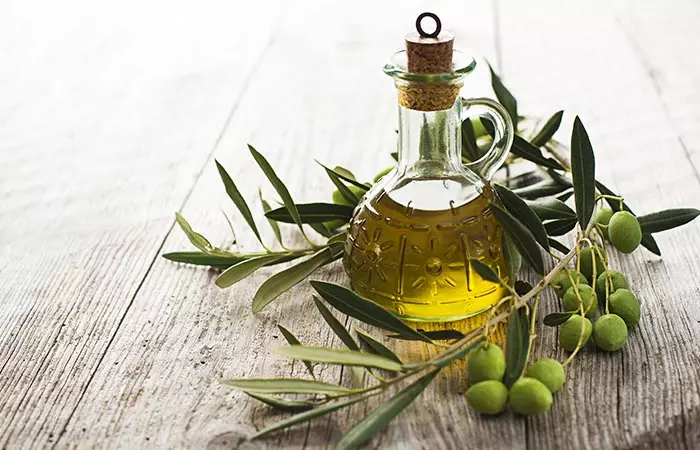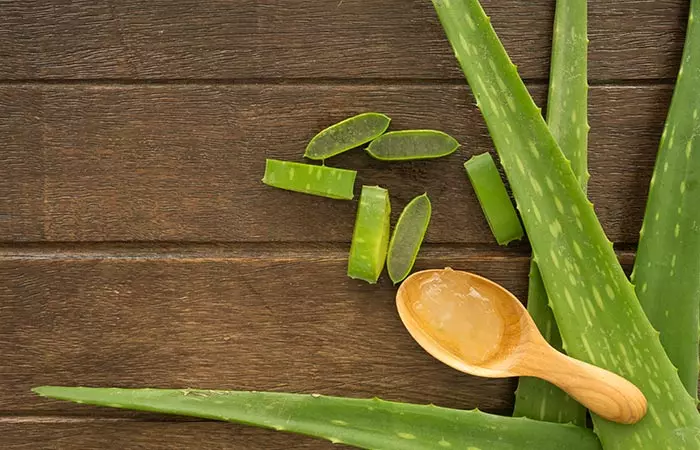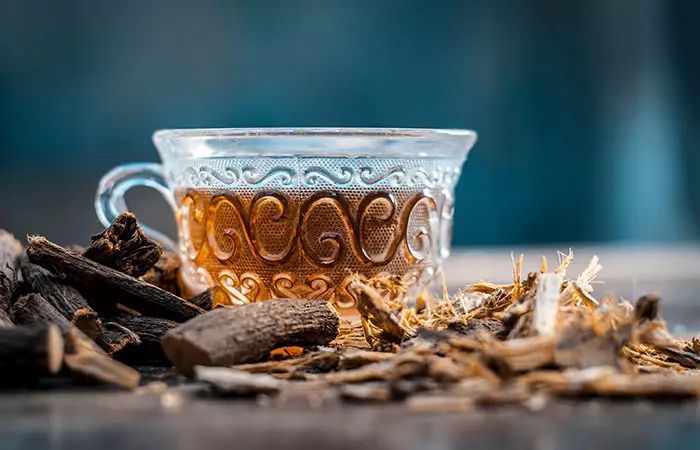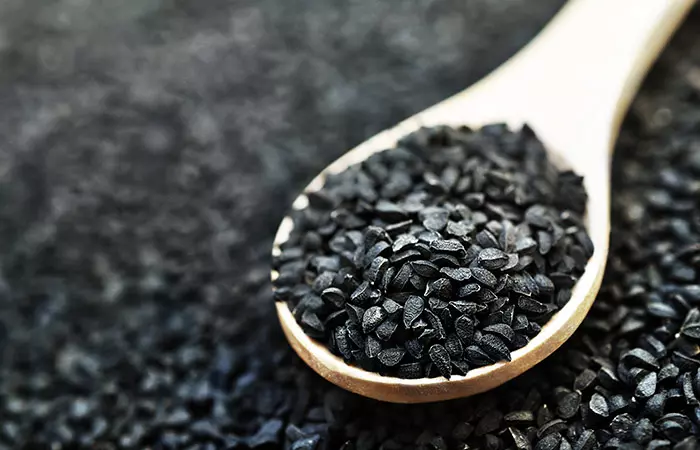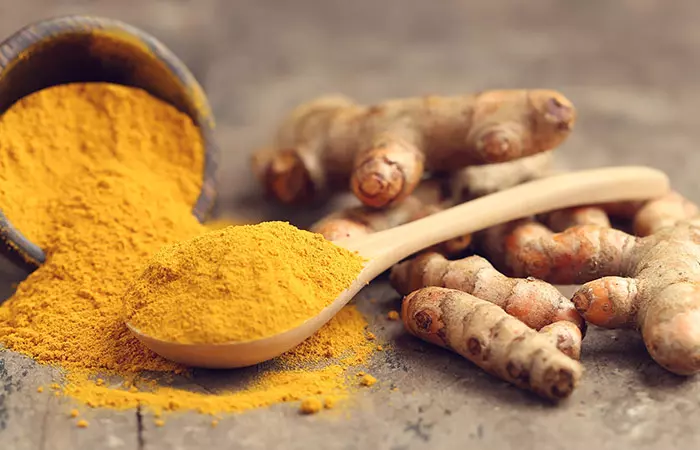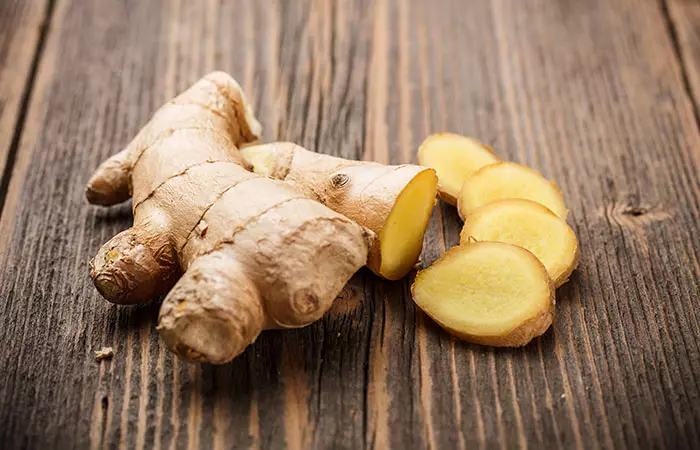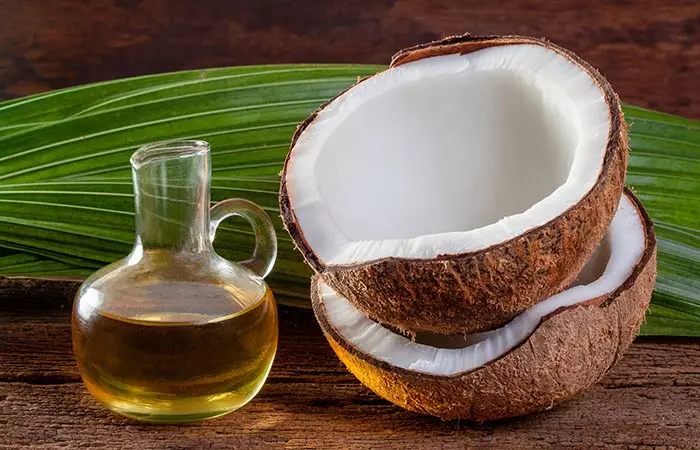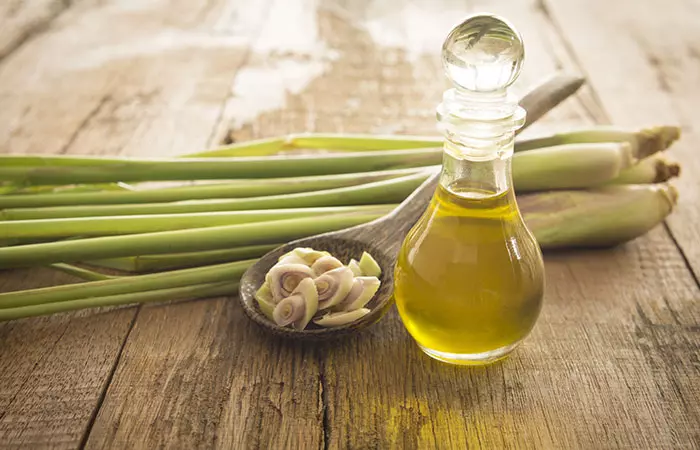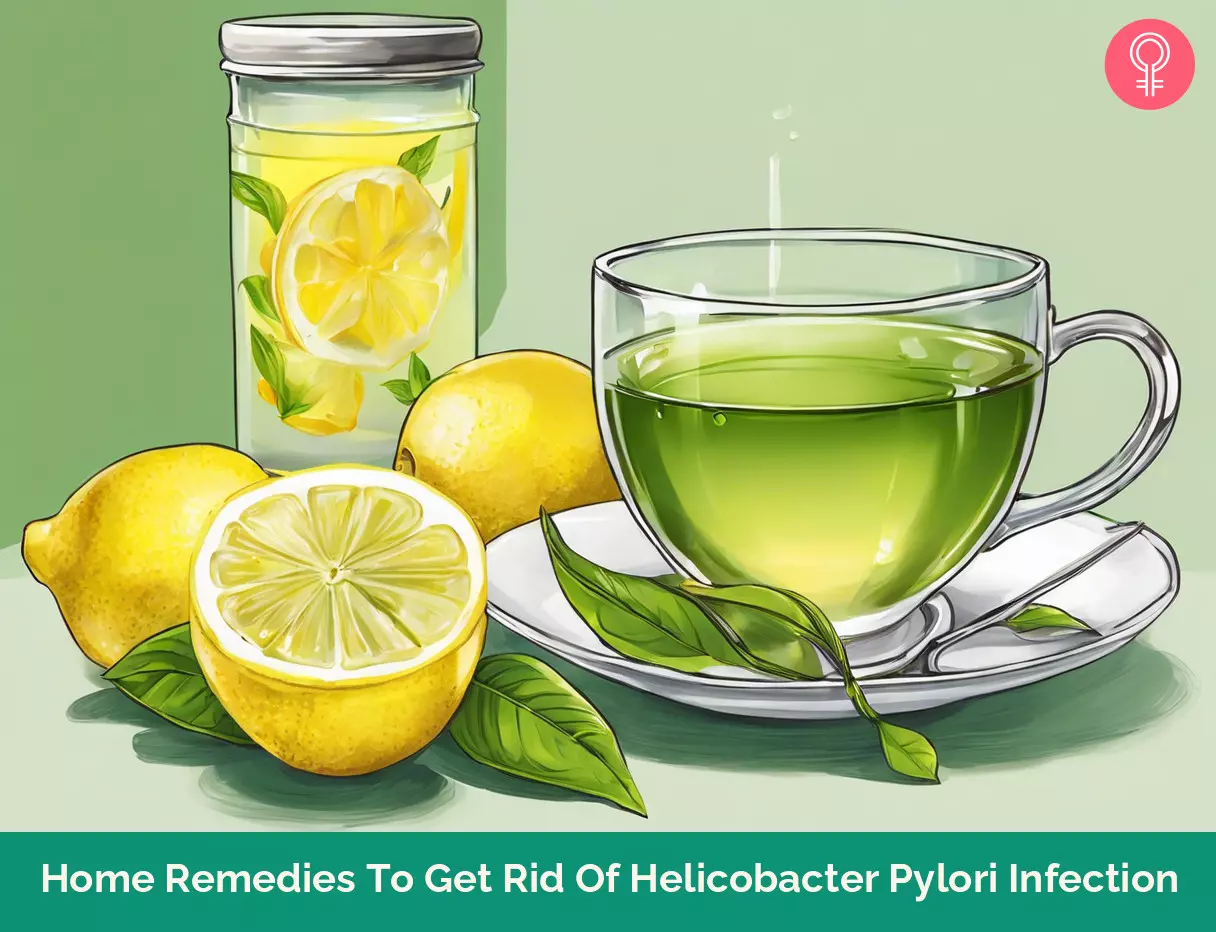What Is H.pylori?
Helicobacter pylori or H. pylori are bacteria that can enter your body and thrive in your digestive tract. After years, they can surface as sores in the lining of your stomach or the upper part of your small intestine. This infection may also lead to stomach cancer in some individuals. A study showed that H. pylori affects up to 50% of the world’s population. Its prevalence varies across the world, with the United States having a 5% prevalence in children under the age of ten. When compared to White Americans, Hispanic and African American groups have a higher prevalence.
Signs And Symptoms
Stomach ulcers are one of the most prominent symptoms of an H. pylori infection. The other symptoms are mostly associated with ulcers. They may include:
Bloating Nausea Vomiting Burping Loss of hunger Weight loss Stress and anxiety
In some cases, the ulcers can bleed into the stomach or intestines. This could be dangerous to your health. The symptoms of bleeding ulcers may include:
Bloody stool that may be dark red or black Difficulty in breathing Fainting or dizziness Fatigue Pale skin Vomit that may have some blood in it Severe stomach ache
Home remedies for ulcers can offer symptomatic relief. Incorporating foods with natural healing properties, such as honey and licorice root, can aid in the healing process and reduce discomfort associated with ulcers. While it is not common, some H. pylori infections can lead to the development of stomach cancer. This may cause a few symptoms like heartburn. Eventually, you may also notice other signs like:
Nausea Loss of appetite Belly pain and/or swelling Vomiting Weight loss without any apparent reason Feeling full after eating a small amount
Stomach ulcers were initially thought to be a result of smoking and consuming spicy foods . It was later that researchers found H. pylori to be the main culprit behind the development of such ulcers. Ellie, a blogger, talks about her journey with H. pylori that started in 2016. She writes, “I became ill for 24 hours- constant vomiting and fever. I couldn’t keep fluid down. It felt like I threw up every ounce of liquid in my body (i).” She adds that over the next few months, she experienced her stomach reacting to foods that it never did before. Finally, her doctor suggested testing for H. pylori and she was diagnosed with the infection. Let’s look into the causes and risk factors.
Causes And Risk Factors
What causes an H. pylori infection to spread from one person to another is still not known. While these bacteria have coexisted with humans for many years, the infection was found to spread from one person’s mouth to another. It may also spread from feces to the mouth. Infected individuals who do not wash their hands after using the loo can spread the infection to others through food and water they may have touched. Once ingested, H. pylori can penetrate the mucus lining of the stomach, generating substances that neutralize the stomach acids. As a result, the stomach cells become increasingly vulnerable to the harsh acids. The irritation of the stomach lining due to H. pylori and the stomach acids cause ulcers in the stomach as well as the duodenumi The first part of the small intestine, right below the stomach, which receives food and absorbs nutrients from it. . Factors that can increase your risk of developing an H. pylori infection are:
Living in or visiting a developing country Sharing utensils with an affected individual No or less access to hot water Non-Hispanici Someone who is neither Cuban, Mexican, Puerto Rican, South or Central American, nor is connected to any Latin-speaking nations. African or Mexican American descent Poor hygiene practices Mouth-to-mouth contact Sexual intercourse with an affected individual
As you can see, H. pylori infections can be transmitted from one person to another in a number of ways. There are many combinations of antibiotics and other medications available to eliminate the bacteria while reducing ulcers. Listed below are some natural remedies and alternative medicines that can assist these medications in treating an H. pylori infection.
Natural Remedies To Get Rid Of H. pylori Infection
1. Probiotics
You Will Need Probiotic supplements What You Have To Do How Often You Should Do This You can take this daily after consulting your doctor. Why This Works Probiotics can act as an adjuvant treatment in reducing the side effects of antibiotics taken to treat H. pylori infections (2).
2. Green Tea
You Will Need
1 teaspoon of green tea 1 cup of hot water
What You Have To Do How Often You Should Do This You can drink green tea two times daily. Why This Works Certain green tea compounds were found to exhibit a bactericidali The property of drugs available in the form of disinfectants and antibiotics that specializes in killing bacteria. effect against H. pylori strains. Hence, regular consumption of green tea may help in the prevention as well as treatment of H. pylori infections (3).
3. Honey
You Will Need 1-2 teaspoons of raw honey What You Have To Do How Often You Should Do This Do this 1-2 times daily. Why This Works The antimicrobial properties of honey can be used to treat H. pylori infection. It may also reduce the recovery time when used as an adjuvant therapy with prescription medications (4).
4. Olive Oil
You Will Need 1 tablespoon of virgin olive oil What You Have To Do Add a tablespoon of virgin olive oil to your favorite dishes and salads. How Often You Should Do This You can do this 1-2 times daily. Why This Works Olive oil polyphenols exhibit bactericidal activities that can help in getting rid of antibiotic-resistant strains of Helicobacter pylori (5).
5. Aloe Vera
You Will Need
1 aloe vera leaf 1 cup of water Any juice (optional)
What You Have To Do How Often You Should Do This Drink this aloe vera juice once daily or every alternate day for a couple of weeks. Why This Works Aloe vera gel exhibits antimicrobial effects against H. pylori. It may also work well as adjuvant therapy in combination with other antibiotics (6).
6. Licorice Root
You Will Need
1-2 teaspoons of licorice root 1 cup of water
What You Have To Do How Often You Should Do This Drink this 1-2 times daily for best results. Why This Works Licorice possesses anti-H. pylori effects that can help treat and prevent the infection (7).
7. Black Seeds (Nigella Sativa)
You Will Need
1 teaspoon of ground black seeds 2 teaspoons of raw honey
What You Have To Do How Often You Should Do This You can consume this mixture once daily until your symptoms improve. Why This Works A mixture of black seeds (Nigella sativa) and honey exhibits anti-H. pylori and anti-dyspeptici A drug type that can help relieve symptoms of dyspepsia (or indigestion) and several other digestive issues. effects that can help in the eradication of H. pylori infection (8).
8. Turmeric
You Will Need
1 teaspoon of turmeric powder 1 glass of hot milk
What You Have To Do How Often You Should Do This Do this once daily for at least a week. Why This Works The major component of turmeric is curcumin. Curcumin possesses anti-H. pylori and immunomodulatoryi A property or drug with the ability to increase or decrease immune response to help fight chronic conditions like cancer or AIDS. properties that may help in treating H. pylori infections (9).
9. Ginger
You Will Need
1 inch of sliced ginger 1 cup of water
What You Have To Do How Often You Should Do This Consume this mixture 1-2 times daily. Why This Works Ginger contains phenolic compounds called gingerols that exhibit anti-H. pylori effects. Daily consumption of ginger may help inhibit the growth of H. pylori, especially the Cag A+ strains (10).
10. Oil Pulling With Coconut Oil
You Will Need 1 tablespoon of virgin coconut oil What You Have To Do How Often You Should Do This Do this once daily, preferably every morning. Why This Works Oil pulling with coconut oil may be beneficial in getting rid of oral microbes due to its anti-H. pylori effects (11).
11. Lemongrass Oil
You Will Need
2-3 drops of lemongrass oil 1 tablespoon of coconut oil
What You Have To Do
- Add two to three drops of lemongrass oil to a tablespoon of coconut oil. 2. Mix well and apply it to your stomach. 3. Leave it on for 20-30 minutes and rinse it off. 4. You can also add a drop of lemongrass oil to a diffuser filled with water and inhale the diffused fragrance. How Often You Should Do This You can follow this herbal remedy 1-2 times daily. Why This Works Lemongrass essential oil possesses bactericidal properties against H. pylori (12). The above remedies are best used in combination with prescription medications to treat H. pylori infections. Consult your doctor before going ahead with any of them to make sure that they do not interfere with your prescription drugs. Also, before you use essential oils, talk to consult with your doctor for the correct dosage. Application of non-recommended doses of essential oils may result in functional damage to the stomach and liver (13). Other alternative medications to consider are acupuncture, ayurveda, homeopathy, naturopathy, and traditional Chinese medicine. Knowing the clinical recommendations for H. pylori management is important for those looking for both natural and conventional therapy options to ensure a safe and successful recovery. Scroll down to learn more.
Clinical Guidelines For H. pylori Treatment
Conventional methods of treating H. pylori infections usually involve a combination of proton pump inhibitors (PPIs) and antibiotics. The PPIs help lower stomach acid, permitting the repairing of the stomach lining and increasing the effectiveness of the antibiotics to eliminate the bacteria. The treatment typically lasts about two weeks to guarantee complete elimination and lower the chance of recurrence. In addition to following these remedies, you also need to pay attention to what you eat to deal with H. pylori infections.
Healthy Diet For H. pylori Infections
Foods rich in antioxidants are especially helpful in treating H. pylori infections by activating your immunity (14). They include foods rich in vitamin C like berries, bell peppers, spinach, and kale. Citrus fruits also exhibit bactericidal effects against H. pylori, both alone as well as in combination with other antibiotics (15). Broccoli sprouts are rich in a compound called sulforaphane, which is believed to exhibit anti-H. pylori activities (16). The fatty acids in olive oil may also help with an H. pylori infection (5). Certain foods can also worsen the symptoms of your infection. So, what not to eat when you have an H. pylori infection? Foods that may further worsen your condition and are best avoided include alcohol, spicy foods, carbonated drinks, fried/fatty foods, chocolate, coffee, and acidic foods. It is important to incorporate a few lifestyle modifications and dietary changes. Acid reflux, which is a common symptom associated with an H. pylori infection, may also worsen with the consumption of these foods (17). The aforementioned foods can help manage an H. pylori infection better. But is that infection contagious? Learn more in the next section.
Is H. pylori Contagious?
H. pylori primarily infects the stomach lining and causes gastric ulcers and chronic gastritis. This makes it contagious, as it spreads through oral-to-oral or fecal-to-oral routes, typically through contaminated food, water, or close personal contact (18). The risk of transmission within families or close contacts is especially higher due to shared living spaces and common sources of infection. However, it is not highly infectious like the common cold or flu. Not everyone exposed to H. pylori develops an infection. Some may remain asymptomatic for a long time. These infections mostly occur in childhood, and, if left untreated, often persist into adulthood. Therefore, practice frequent handwashing and avoid sharing utensils to minimize the risk of transmission.
How To Prevent H. pylori Infections
Wash your hands every time you use the loo and before eating. Wash your hands before cooking meals. Avoid food/water that is contaminated. Avoid consuming foods that are not cooked thoroughly. Quit smoking. Quit drinking alcohol. Follow good hygiene practices. Avoid close contact with affected individuals. Avoid sharing utensils with affected individuals.
When managing gastritis due to infection, it is crucial to follow a well-balanced gastritis diet. Knowing which foods to avoid and foods to consume can significantly impact your comfort and recovery. In addition to dietary adjustments, effective home remedies for gastritis can provide relief from symptoms. You can easily avoid H. pylori infections if you maintain basic hygiene. As this infection can spread rapidly, you need to be cautious when you are in a developing country or in close contact with an affected individual. Some individuals may not even realize that they are harboring H. pylori as the symptoms are not always evident. In such cases, the infection is not problematic. However, if you are diagnosed with H. pylori infection, it is best to get it treated medically to prevent complications from the disease. Did you find this post helpful? Let us know in the comments box below. Can a blood test detect H. pylori? Yes. Dr. Jesse P Houghton, MD, Gastroenterologist, says, “The blood test detects the antibody in the bacteria. However, the blood test should not be used to check for eradication of the bacteria after treatment as the antibody will stay positive for years after successful treatment.” Can endoscopy detect H. pylori? Yes. Dr. Houghton adds, “Biopsies of the stomach lining are a reliable source of detection.” Can apple cider vinegar get rid of H. pylori? Yes, studies indicate that vinegar may inhibit the movement of H.pylori bacteria and provide relief from H. pylori infection (19). Is egg good for H. pylori? Yes, consumption of egg yolk may help reduce H.pylori-inducedi Diseases caused by an infection due to the bacteria Helicobacter Pylori, which are usually common in children. gastric injury and overall infection (20).
Illustration: Home Remedies To Get Rid Of Helicobacter Pylori Infection
Discover how to use natural ingredients to help treat H. pylori infection. Watch this video to learn about 6 simple remedies that can help reduce the symptoms and provide relief.



